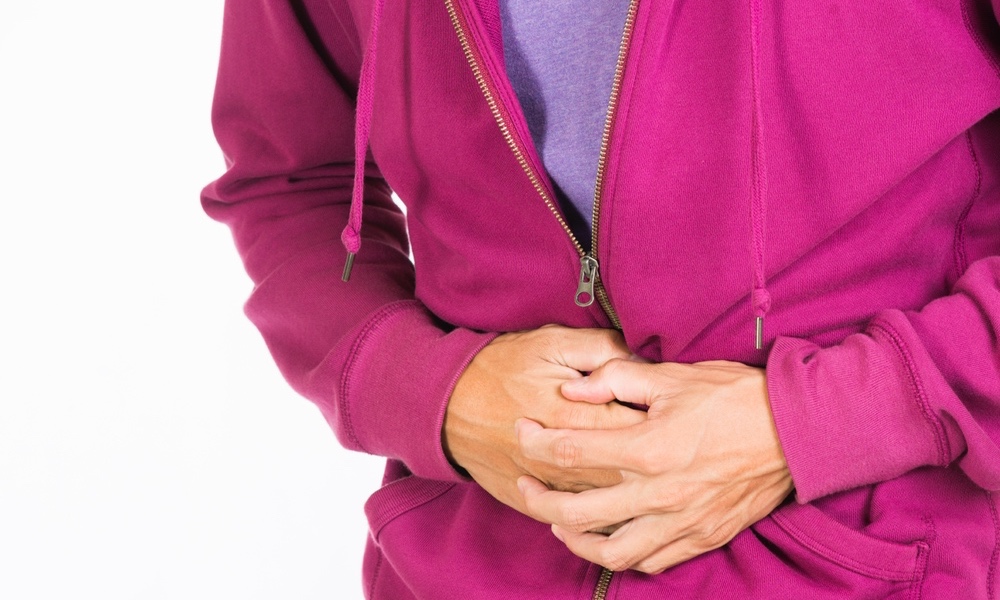Two studies from Spain point out entirely different ways of looking at vegetables. One shows that the antioxidant content of vegetables varies dramatically with how they're cooked. The other points out that, contrary to stereotype, real men do indeed eat vegetables.
[O]verall, boiling and pressure-cooking caused the highest loss of antioxidants; griddling (cooking on a flat metal surface with no oil) and microwaving caused the least loss.
Cooking lowers the antioxidant content of vegetables. The first study analyzed the results of cooking 20 different vegetables by six different methods. It found that overall, boiling and pressure−cooking caused the highest loss of antioxidants; griddling (cooking on a flat metal surface with no oil) and microwaving caused the least loss. Antioxidant loss sometimes exceeded 50%. Artichokes and asparagus survived boiling best. Lead researcher A. M. Jimenez−Monreal interprets these results as showing that "water is not the cook's best friend when it comes to preparing vegetables."
Individual vegetables responded differently to the different cooking methods. Depending on how antioxidant level was measured, some even showed an increase in antioxidant activity after cooking. This was seen most often with green beans and celery.
A study of 61 visitors to a Spanish fertility clinic revealed that half of these men had poor semen quality. They weren't eating their fruits and vegetables. Most were eating a diet containing more processed meat and high fat dairy than the men with higher quality sperm were.
Lead researcher Jaime Mendiola suggests two possible reasons for the unmanly condition of the meat−eaters' sperm. Antioxidants or some other type of compound found in fruits and vegetables might have a protective effect on the sperm, which the meat−eaters were not getting the benefit of. Or, the problem could have come from compounds in meat and high−fat foods which don't peacefully co−exist with sperm. Steroids and certain environmental contaminants, like PCBs and some pesticides, have estrogen−like effects. They tend to accumulate in high fat foods and in the fat of men who eat high−fat diets. In essence, these could be feminizing the men.
This was one of the reasons that the European Union banned the addition of hormones to livestock. It wasn't done until 1988 and the men in this study were born in the 1970s, meaning that they could have been exposed to these hormones in the meat that they ate.
To be safe, you should follow your mother's advice: eat your vegetables. Nobody wants poor−quality sperm.The study on antioxidant levels in cooked vegetables was published in the April 2009 issue of the Journal of Food Science. It's freely available at the journal's website. The study on sperm quality was published in the March 2009 issue of Fertility and Sterility.




